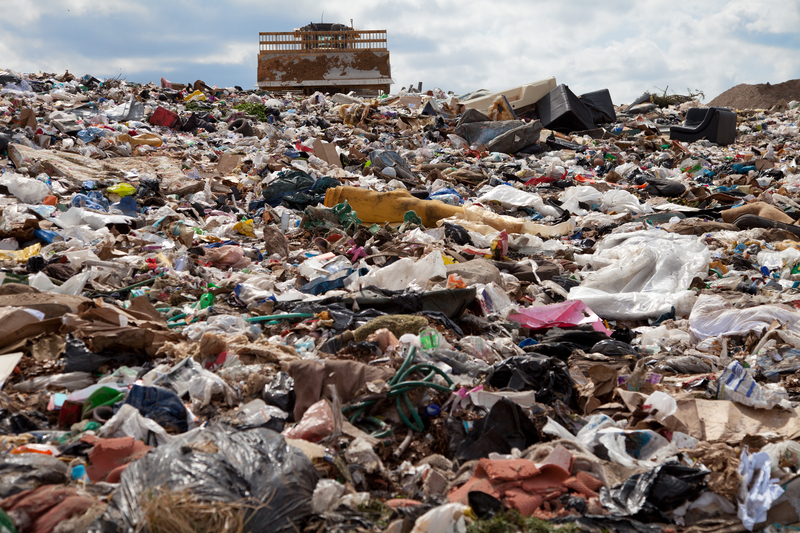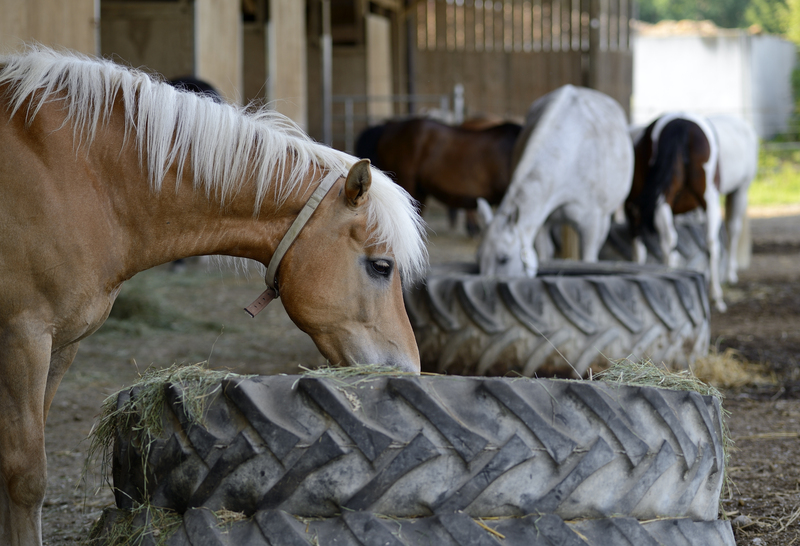Simple and Effective Recycling Tips for Kids
Recycling is a simple but powerful way to help protect our planet for future generations. Teaching children about sustainable habits early can turn them into eco-friendly superheroes! In this comprehensive guide, we present easy and fun recycling tips for kids that will inspire them to make a difference every day. With engaging activities and creative possibilities, children can learn valuable lessons while having fun at the same time.
Why Should Kids Learn About Recycling?
Our world produces an unbelievable amount of waste every day, and much of it ends up polluting nature. Teaching kids recycling skills helps them to:
- Protect the environment by reducing landfill waste and saving resources.
- Understand the value of sustainability and caring for the planet.
- Build lifelong eco-friendly habits from a young age.
- Encourage creativity through upcycling and reusing materials.
- Promote teamwork, responsibility and community involvement.

How to Explain Recycling to Kids
Recycling for kids starts with simple explanations. Keep it engaging and age-appropriate by comparing recycling to concepts they already know. For example:
- "Just like you put your toys back where they belong, recycling puts items in the right place so they can be used again!"
- Show before-and-after examples - a plastic bottle thrown away versus one turned into a toy or a new bottle.
Use videos, pictures, and even cartoons to demonstrate how everyday recycling works. Visuals can make abstract ideas real for younger children.
Top Simple and Effective Recycling Tips for Kids
Let's dive into the heart of this article--fun, easy, and effective recycling activities for children of all ages. These ideas can be done at home, school, or even with friends in the neighborhood!
1. Start with Sorting
Sorting recyclables is the first step. Help kids recognize what materials can and can't be recycled. Try this:
- Create clearly-labeled & color-coded bins for plastic, paper, glass, and metal.
- Use images for younger children who can't yet read.
- Make sorting a daily game--who can sort the fastest or most accurately?
This skill will help them understand the importance of recycling and attention to detail.
2. Get Creative With Upcycling
Upcycling is transforming old things into new treasures. This is a great way for kids to see the value in what others consider "trash". Try these upcycling projects:
- Turn old jars into pencil holders or plant pots.
- Create a bird feeder from a used milk carton.
- Make fun crafts from cardboard, egg cartons, or magazines.
- Design costumes from old clothes and fabric scraps.
Encourage kids to use their imagination--upcycling reduces waste and sparks creativity!
3. Participate in Local Recycling Programs
Many communities have recycling centers, collection days, or school competitions. Getting children involved helps them see recycling's impact firsthand.
- Take a family trip to a recycling facility--seeing what happens to recyclables is eye-opening!
- Join local clean-up events to collect and recycle litter.
- Encourage participation in recycling or upcycling contests.
4. Reuse Before You Recycle
Reusing items is just as important as recycling. Teach kids these simple habits:
- Use both sides of paper before recycling it.
- Repurpose containers for storage or arts-and-crafts.
- Donate old clothes and toys instead of throwing them away.
Remember: The best recycling tip is to reduce and reuse first, then recycle what's left!
5. Make Recycling Fun With Games and Challenges
Learning is easier when it feels like play! Try these fun recycling activities for kids:
- Recycling scavenger hunt - who can find the most recyclable items at home?
- Bin Relay Race: Race to see who correctly sorts the most items in a minute!
- Recycling trivia quizzes with small prizes as rewards.
Tip: Use apps or printable worksheets to make learning about recycling interactive.
6. Read Books and Watch Videos About Recycling
Stories are powerful learning tools. Here are some recommendations to spark interest in environmental care:
- Picture books and comics about recycling heroes and eco-adventures.
- Documentaries or cartoons explaining what happens to our waste.
- Follow kids' environmental websites for news and fun facts.
Discuss these stories and relate them to your own recycling activities at home.
Everyday Recycling Habits for Families
Families play a big role in fostering recycling habits in children. Here's how to make sustainable practices a natural part of daily life:
- Lead by example: Model good recycling behavior--they're watching and copying you!
- Talk about why your family recycles. Let kids ask questions and share their ideas.
- Plan regular "green days" where the whole family focuses on reducing waste.
- Let kids take charge of one recycling bin to boost their sense of responsibility.
- When shopping, choose products with less packaging and look for recycled materials.
These simple choices turn recycling into a family team effort.
Understanding What Can (and Can't) Be Recycled
Many people--even adults--are sometimes unsure about what belongs in the recycling bin. Help kids learn by discussing:
- YES: Paper, cardboard, glass bottles and jars, plastic containers (check numbers!), and metal cans.
- NO: Food waste, plastic bags (unless specified), dirty containers, and electronics (these need special collection).
Tip: Always rinse out containers before putting them in the recycling bin!
Recycling Facts For Kids
Sharing interesting recycling facts for kids can boost motivation and spark conversations. Here are a few to get started:
- Recycling one aluminum can saves enough energy to power a TV for three hours!
- Paper can be recycled up to five to seven times before its fibers are too short to be used again.
- Plastic bottles take hundreds of years to decompose if not recycled.
- Glass is 100% recyclable and can be made into new bottles forever--without losing quality!
Eco-Friendly School Activities: Recycling in the Classroom
Schools are a great environment for nurturing green habits in students. Teachers and parents can support these ideas:
- Set up classroom recycling stations and explain them to students.
- Organize an art show for upcycled projects--award creativity and effort!
- Start a student-led "Eco Club" that focuses on recycling challenges.
- Encourage students to bring reusable lunchboxes and bottles.
Schools can also connect with recycling organizations to educate and inspire entire communities.
Encouraging a Lifelong Habit of Recycling
Positive reinforcement helps children embrace recycling for life.
- Praise their efforts and reward eco-friendly achievements with a family outing or their favorite activity.
- Show the difference they are making by tracking how much waste your family or classroom recycles each month.
- Discuss real-life examples of environmental heroes and projects that changed communities.
When children realize recycling is easy and rewarding, it becomes a habit that grows with them!

FAQ: Simple Recycling Questions for Kids
What is recycling?
Recycling means taking things we no longer need (like paper, bottles, and cans) and turning them into new products instead of throwing them away.
Why is recycling important for kids?
By learning to recycle, kids help save resources, protect wildlife, and keep our communities clean. It is a great way to show they care for the earth!
What is upcycling?
Upcycling is when you use old things to make something new and exciting--for example, creating a flower pot from a plastic bottle.
Can all plastics be recycled?
Not all plastics can be recycled--check the recycling symbol and number on the bottom of containers. Always follow your local recycling rules!
Conclusion: Small Changes Make a Big Impact
Recycling tips for kids aren't just about sorting waste--they're about empowering the next generation to be smart, creative, and responsible protectors of the earth. By learning simple and effective recycling steps, kids gain confidence and understanding of their ability to make a difference. Whether at home, at school, or in the community, children's efforts add up to a cleaner, healthier planet for everyone.
Start today, make recycling a family adventure, and watch how small changes lead to big results!
Ready to Take the Recycling Challenge?
Gather your friends and family, set a recycling goal for the month, and celebrate your victories. Share your upcycled creations and eco-wins with others to inspire your community.
Remember: Taking care of our earth starts with you!